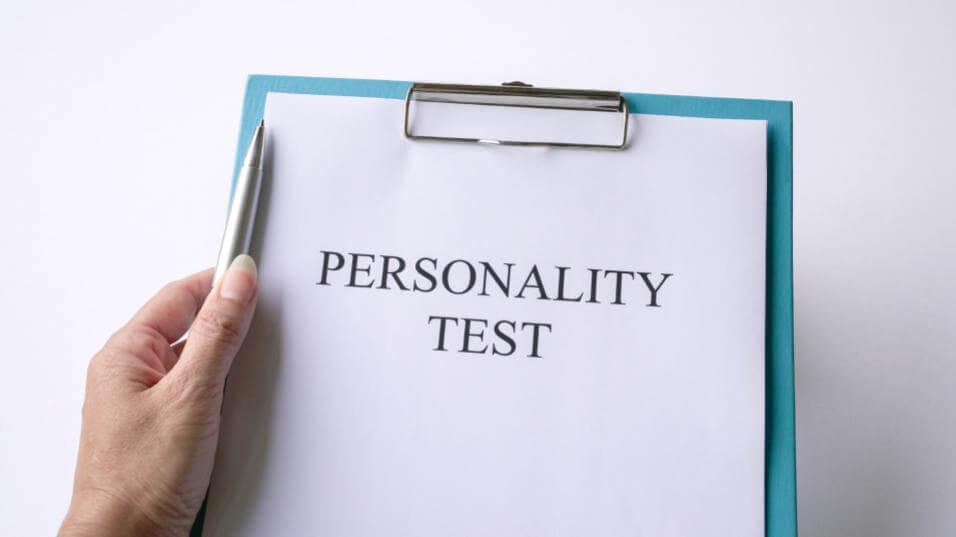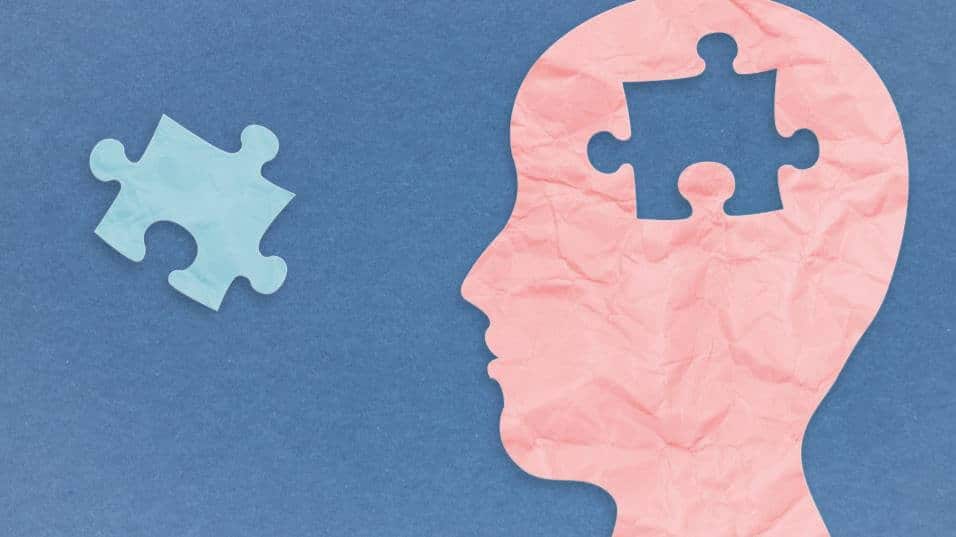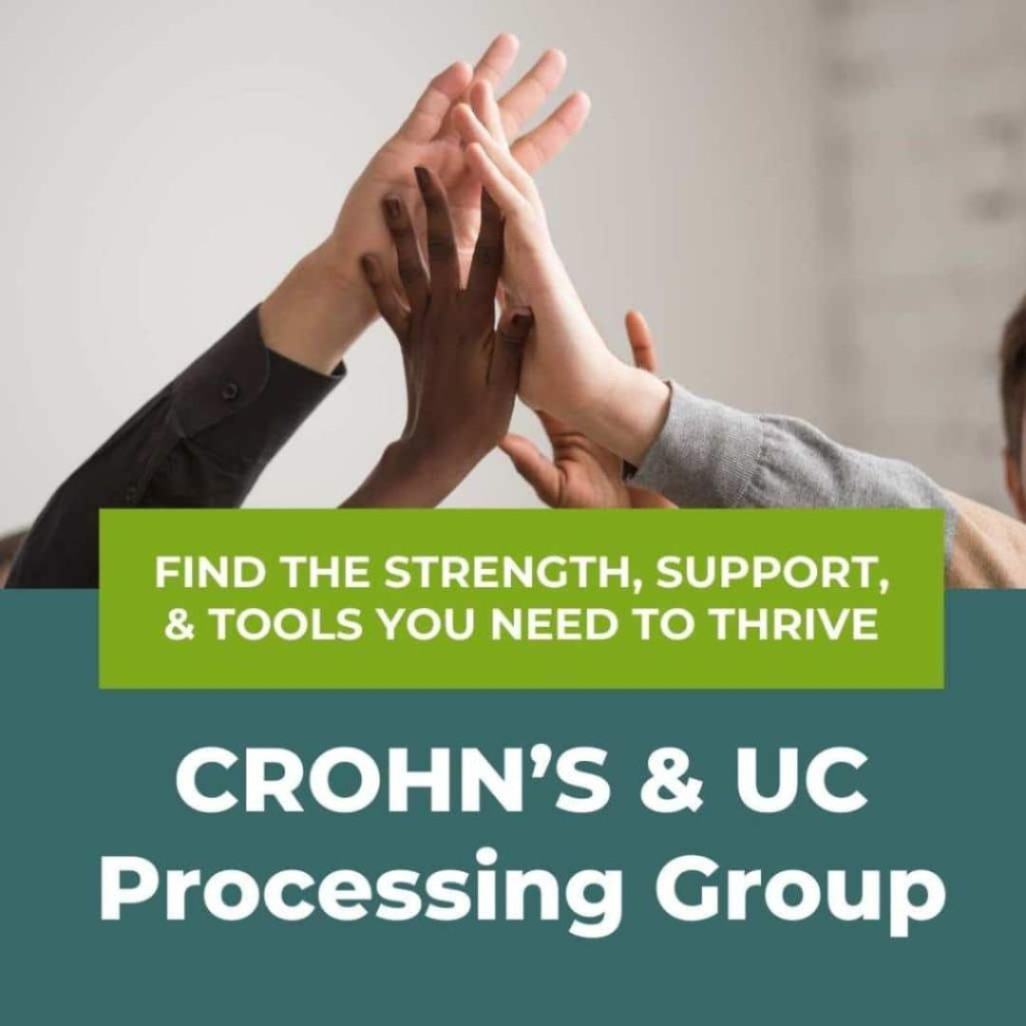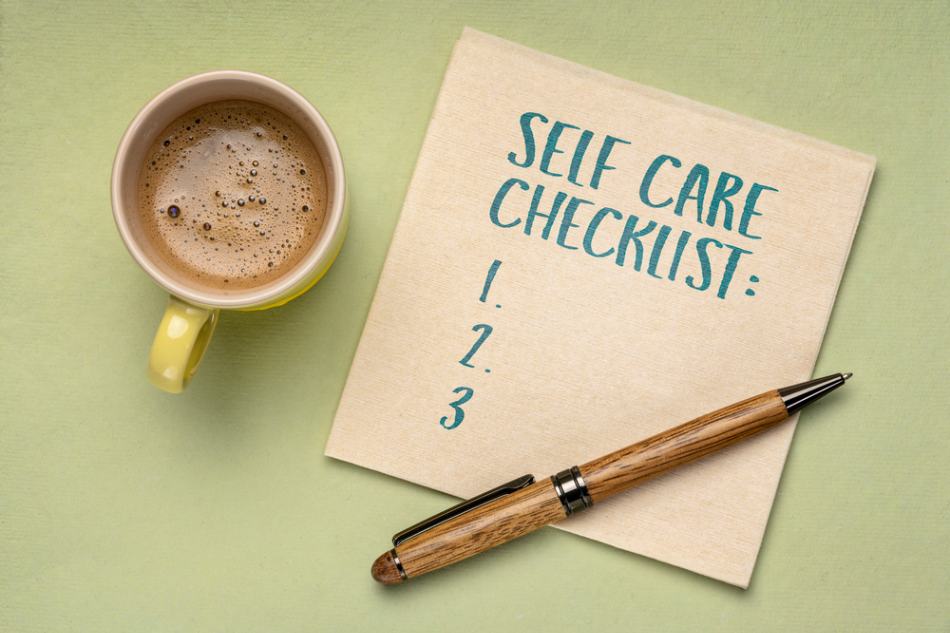January 29, 2024
Navigating Mental Health Challenges with Insights from Personality Assessments
Written by Guest Author
Posted in Emotional & Mental Health, Self Help / Personal Development and with tags: mental health, mental health challenges, self care
Introduction
Knowing the subtleties of our personalities is essential to our quest for mental health. Because of the differences in our mental makeup, each of us handles the demands and trials of life in a different way. It is essential to acknowledge this variability in order to successfully address mental health challenges.
There is no straight path to improved mental health. It’s a journey with many ups and downs that calls for tolerance, comprehension, and—above all—a tailored strategy. At this point, self-awareness plays an essential role. We may customize our mental health techniques to meet our unique needs by being aware of our personality features and patterns, which will provide more long-lasting and beneficial results.
Understanding the importance of tailored approaches to mental health is essential in a society that frequently provides generic solutions. It’s about figuring out what works for you, knowing the specific stressors and triggers that affect you, and arming yourself with the knowledge and skills you need to handle them. By examining the relationship between personality and mental health, this essay hopes to provide you with useful information and coping mechanisms for this challenging yet worthwhile path.
The Link Between Personality Types and Mental Health

There is a major relationship between our complex and multifaceted personalities and the mental wellness that we experience. Certain personality qualities may be associated with an increased risk of experiencing a variety of mental health difficulties, according to a number of distinct psychological hypotheses. For instance, a person who is very distraught may be more prone to experiencing anxiety and depression, whereas a person who is generally introverted may experience difficulties in social settings, which may affect their emotional well-being.
It is interesting to note that having a grasp of these aspects of one’s personality not only brings to light vulnerabilities but also opens the door to resistance.
As an illustration, the trait of conscientiousness has the potential to serve as a powerful buffer against stress and burnout. In a similar vein, those who have high degrees of openness may find it simpler to adjust to new circumstances and deal with the unpredictability of life, which is a crucial component of mental toughness.
On the other hand, this is not simply about placing people into predetermined categories. Knowing the dynamic interplay that exists between our innate characteristics and our mental health is the focus of this discussion. The cultivation of this awareness becomes a potent instrument for the management and enhancement of our mental well-being. To give one example, someone who is aware of their predisposition toward perfectionism, a characteristic that can result in feelings of tension and anxiety, might work toward establishing standards that are more in line with reality and cultivating self-compassion.
A further refinement of this approach can be achieved by incorporating the findings from personality evaluations. The tools that are provided on MyPersonality not only assist in determining the characteristics that make up our personalities, but they also assist in comprehending the ways in which these characteristics interact with our mental health. This information can help us take steps toward adopting coping methods and making changes to our lifestyle that are in line with our personalities, which will ultimately result in mental health care that is more effective and more individualized.
In the end, the connection between personality and mental health is not about letting our traits limit us; rather, it is about making good use of this knowledge to achieve better mental health outcomes. We can navigate the complexities of our mental landscape with greater comfort and efficacy if we accept our personality as a guide and use it as a compass.
Identifying Personal Stressors through Personality Assessments

When it comes to effectively managing our mental health, one of the most important steps is to have an understanding of the unique stressors that we face. Personality evaluations can be extremely helpful tools in this process. These evaluations do not merely paint a static picture of who we are; rather, they highlight the complexities of our responses, preferences, and coping methods in a variety of settings, particularly when we are under stress.
For instance, an individual who has a high score on the introversion scale may find that high-stress, team-based situations or social events are more taxing than those that are experienced by an outgoing person. It is possible that having this awareness will lead to better handling of situations like these, such as scheduling quiet times after social events or looking for employment that requires less regular social interaction.
Another factor that should be taken into consideration is the manner in which we process and express our feelings, which is intricately connected to our personalities.
A person with a tendency for emotional sensitivity may feel the effects of strong or unfavorable emotions more quickly, which makes them more vulnerable to stress in emotionally charged situations. Recognizing this characteristic might be helpful in creating techniques for emotional regulation and in searching for circumstances that are less likely to elicit high emotional responses.
In addition, personality tests offer insights into the ways in which we perceive and engage with the world that surrounds us. A person’s high score in the ‘openness to experience’ category, for instance, may indicate that they are more daring and creative. However, it may also indicate that they have a higher level of sensitivity to aesthetic and sensory experiences, which may be both a source of delight and a potential source of stress.
By participating in a personality evaluation, individuals have the opportunity to acquire a more profound comprehension of their innate characteristics and the ways in which these characteristics may impact their levels of stress in a variety of situations. It is empowering to have this knowledge. Individuals are able to anticipate and prepare for events that may be stressful, adopt coping mechanisms that are in alignment with their personalities, and ultimately lead a life that is more balanced and psychologically healthy as a result of this.
They will be able to learn how to traverse their mental health terrain with more awareness and self-compassion if they have a grasp of the connection between personality and stress.
Strategies for Mental Health Based on Personality Type
It is possible to achieve a more effective and long-lasting state of well-being by employing mental health treatments that are tailored to the individual’s personality type. When we have a better awareness of the strengths and weaknesses that are associated with each personality type, we are better able to develop strategies that are more closely aligned with our own requirements.
People who are particularly outgoing, for instance, may discover that social relationships provide them with a sense of strength. It may be especially helpful for them to implement tactics that entail participating in group activities or establishing social support networks. Introverts, on the other hand, may find that engaging in activities that require them to be alone or having one-on-one conversations helps them recharge and better handle stress.
Those who have a high score in characteristics such as openness may find that creativity and exploration are effective coping techniques for them.
Activities such as traveling, engaging in unusual experiences, or engaging in artistic pursuits can be therapeutic. Individuals who have a high level of conscientiousness, on the other hand, may find that activities that are structured, organized, and routine provide them with a sense of comfort. The implementation of regular schedules and the creation of goals may help these people effectively maintain mental equilibrium.
When it comes to people who have a tendency toward neuroticism, which is defined by a tendency to experience unpleasant emotions, practices such as mindfulness, meditation, and cognitive-behavioral techniques can be very useful. It is possible that these methods will be helpful in managing anxiety, tension, and swings in mood.
On the other hand, individuals who have a low level of neuroticism may benefit from methods that involve physical activities and adventure. Given that they may be more resistant to stress and love taking risks, these individuals may profit from these techniques. Conversely, it is essential for them to acknowledge the necessity of equilibrium and to resist the temptation to disregard the significance of emotional well-being.
This can be accomplished by beginning with personality tests, which can serve as a starting point for understanding these characteristics. Having said that, it is of the utmost importance to keep in mind that these evaluations are not definite labels but rather instruments to guide self-awareness. Because every person is different, their approach to mental health should also be different.
In order to make the journey toward mental health not only more productive but also more pleasurable and in tune with the individual’s actual self, the goal is to enable individuals to adopt tactics that resonate with their personalities.
Practical Applications: Integrating Personality Insights into Mental Health

Within the scope of this part, we will concentrate on the ways in which individuals can practically utilize their knowledge of personality traits in order to improve their mental health. In this context, we are discussing actual-world applications and strategies founded on personality insights.
As an illustration, take into consideration a person who is predominately introverted and intuitive. It is possible that such a person might discover that engaging in introspective activities such as writing or meditation is of great assistance in the management of stress and the comprehension of feelings. On the other hand, someone who is more inclined toward extraverted sensing could find that working on projects that require them to use their hands or participating in activities that take place outside is better for their mental health.
Another avenue that we might investigate is the manner in which people with varied degrees of agreeableness modify their approaches to conflict resolution. It is possible that individuals who are high in agreeableness will require training in assertiveness in order to preserve their mental health, whereas individuals who are low in agreeableness may benefit from training in empathy in order to better understand and relate to other people.
Based on the traits that make up their personalities, readers might attempt the practical suggestions and methods presented in this part. The goal of this post is to offer readers useful, real-world insights into the concepts discussed throughout, with the hope of giving them specific ideas on how to use their personalities for better mental health.
Conclusion and Further Resources
As we come to the end of this investigation into the relationship between personality and mental health, it is evident that accepting our individuality is essential to identifying solutions that work for our particular requirements. Knowing our personality types provides a prism through which we may better see and take care of our mental health. It’s about using our innate tendencies for improved mental wellness rather than trying to change who we are.
Taking a personality assessment can be a great starting point. These tools offer valuable insights, but remember, they are just one piece of the puzzle. Your experiences, feelings, and personal growth journey are equally important in shaping your path to well-being.
For those seeking further support, professional counseling can provide a safe and supportive environment to explore these aspects. Eddins Counseling, with its range of services and compassionate approach, is an excellent resource for those looking to take the next steps in their mental health journey.
Incorporating the insights from your personality into your mental health strategies is a dynamic and ongoing process. It requires patience, experimentation, and an open mind. But the rewards are well worth it: a deeper understanding of yourself, more effective coping strategies, and a sense of empowerment in your mental health journey.
Remember, your mental health journey is uniquely yours, and so is the path to achieving it. Embrace your individuality, explore what works for you, and take confident steps towards a healthier, more fulfilled you.
If you need additional help or support, you’re not alone. A therapist can help you work through all of those different thoughts, emotions, and feelings you may be experiencing. Reach out to us today to set up a consultation.
Grounding & Self Soothing
Get instant access to your free ebook.
Why You Feel This Way
Get instant access to your free ebook.























